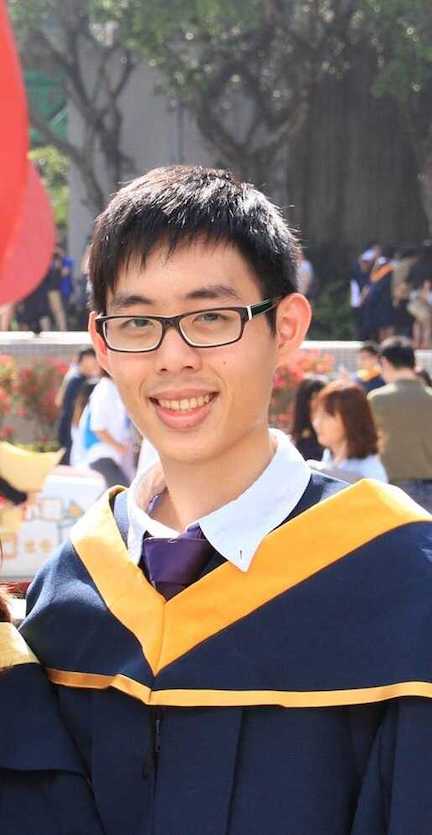People
Faculty
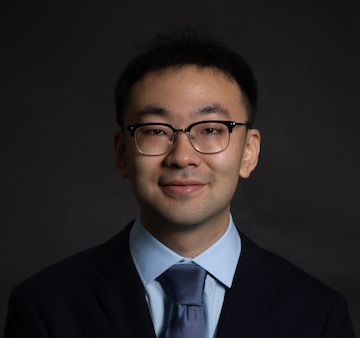
Han Zhang
Han Zhang is an Assistant Professor in Division of Social Science, The Hong Kong University of Science and Technology (HKUST). He obtained his Ph.D. in Sociology at Princeton University in 2020, under the supervision of Matthew Salganik. He obtained His B.S. in Computer Science and B.A. in History, 2013, from Peking University. His research spans computational social science, social movements, and quantitative methods.
Jaemin Lee
Jaemin Lee is an Assistant Professor of Sociology at The Chinese University of Hong Kong (CUHK). He obtained his Ph.D. in Sociology at Duke University in 2018. His research aims to understand various substantive topics including political polarization, product diffusion, friendship segregation, and intergroup relations. Methodologically, he uses agent-based modeling, field experiments, and longitudinal network analysis.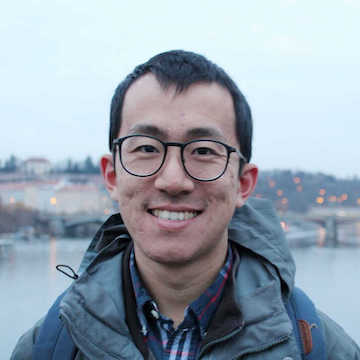
Haohan Chen
Haohan Chen is a postdoctoral fellow at the Center for Social Media and Politics at NYU. He received his PhD in Political Science and MS in Statistical Science from Duke University in December 2019. His substantive research focuses on political behavior and political communication under both authoritarian and democratic contexts. His methodological research focuses on machine learning methods for text and network data from social media. Before his appointment with NYU, Haohan was a postdoctoral fellow at UPenn's Center for the Study of Contemporary China. He earned a Bachelor of Social Sciences from the University of Hong Kong with First Class Honors. In Fall 2021, he will re-join the University of Hong Kong as an Assistant Professor of Politics and Public Administration.Speakers
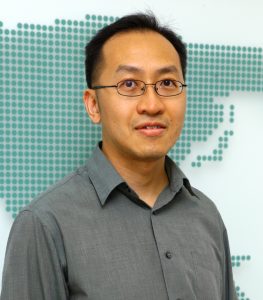
King-wa Fu
Dr. King-wa FU is an Associate Professor at the Journalism and Media Studies Centre of The University of Hong Kong. His research interests include China’s information governance, media and political participation, computational social sciences, health and the media, and media use by the younger generation. He was a visiting Associate Professor at the MIT Media Lab and Fulbright-RGC Hong Kong Senior Research Scholar in 2016-2017. He is the Principle Investigator of Weiboscope, WeChatscope, and ANTIELAB Research Data Archive. He was a journalist at the Hong Kong Economic Journal before turning to academia. His CV can be found here: http://sites.google.com/site/fukingwa/.
Yongren Shi
Yongren Shi is a computational sociologist working in the areas of social networks, organizations, social psychology, and culture. He is an Assistant Professor of Sociology at the University of Iowa. The foundation of his research is the sociological study of human behavior and group dynamics. He uses extensively large-scale digital trace data and a wide range of computational methods, including network analysis, computational textual analysis, agent-based computational models, machine learning, online experiments and sequence analysis. His research appeared in outlets such as American Sociological Review, American Journal of Sociology, Nature Human Behavior, Social Forces, and Sociological Methods & Research, among others. His work was supported by research grants from the National Science Foundation (NSF 1409593 and NSF 1922906), and was covered by popular media outlets such as Wired, the Guardian, BBC News, Huffington Post, and LA Times.
Hai Liang
Hai Liang is an Assistant Professor in the School of Journalism and Communication, the Chinese University of Hong Kong (CUHK). His research interests include computational social science, political communication, and public health. Currently, he is working on several interdisciplinary projects at the intersection of computational social science (analytical approach) and social media studies (data source). He has published numerous articles in top journals such as Journal of Communication, Communication Research, Human Communication Research, Journal of Computer-Mediated Communication, New Media & Society, among others. He is the recipient of CUHK's Young Researcher Award 2018.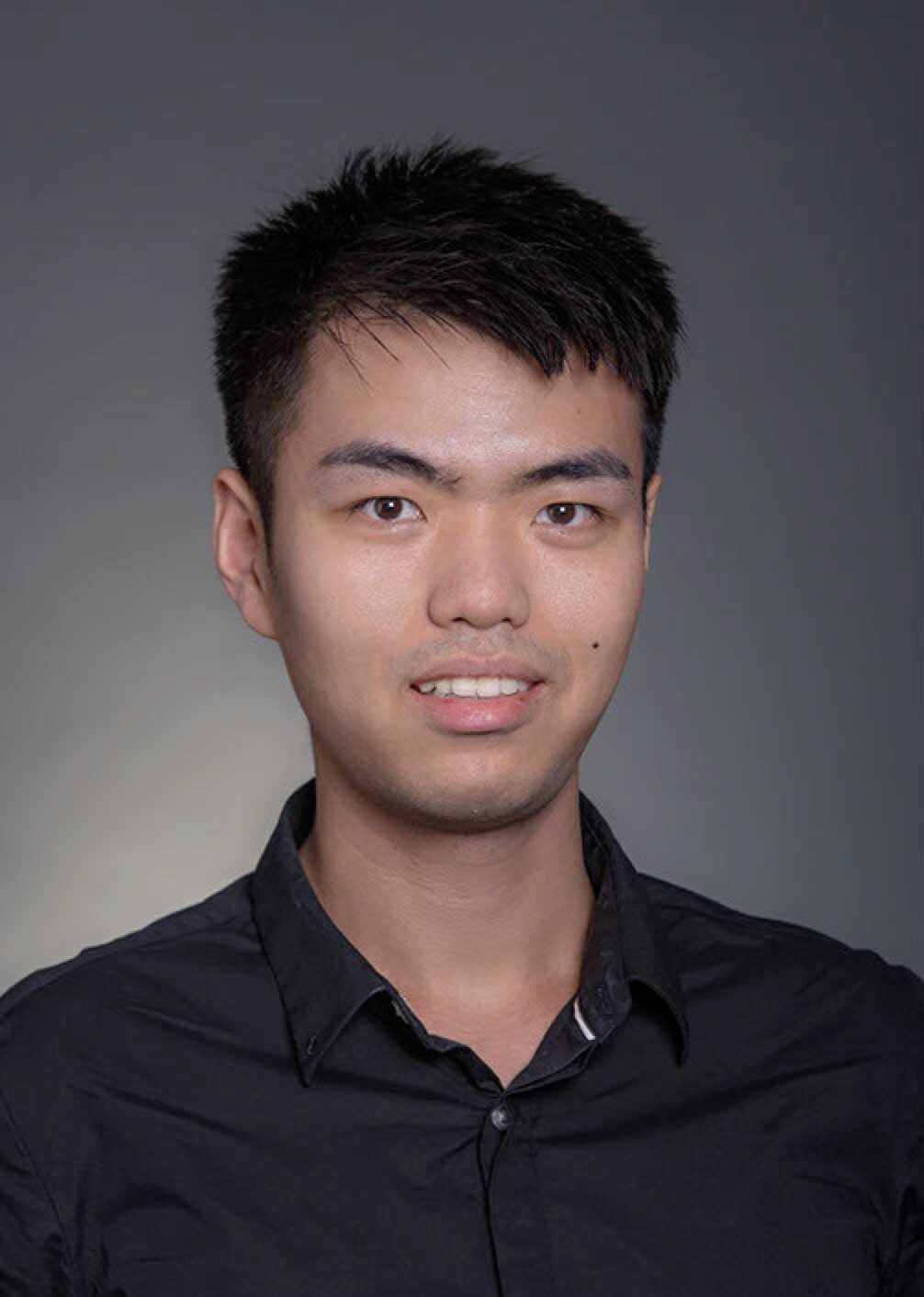
Yuan Yuan
Yuan Yuan is a Ph.D. Candidate in the Institute for Data, Systems, and Society (IDSS) at Massachusetts Institute of Technology and will join the Purdue Krannert School of Management (MIS area) as an Assistant Professor in Fall 2021. Before coming to MIT, he studied at Tsinghua University where he received Bachelor's degrees with honors in Computer Science and Economics. He researches social interactions and social networks for social good, especially interested in how to utilize social preference and social contagion to promote positive social interactions, and how social networks have shaped human behavior and can be reshaped by digital technologies. His research also aims to advance the methodology in Computational Social Science. He is broadly interested in machine learning, causal inference, experimental design, and network science. Currently, he advocates two research methodologies: complex explanatory models and causal data mining.Teaching Assistants

Hanying Wei
Hanying Wei is an MPhil student in the Divison of Social Science, The Hong Kong University of Science and Technology (HKUST). She is interested in the application of computer technology in social science, recently she is focusing on some projects by using text analysis and machine learning methods on social media data.Participants

Ziwei Wang
Ziwei Wang is a fresh graduate student in mathematics and economics from Hong Kong University. Her research focuses on belief formation, social learning and computational social science.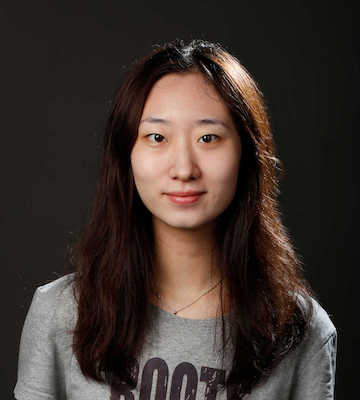
Haohan (Lily) Hu
Lily Hu is an incoming PhD student at the University of Hong Kong. She is interested in Chinese computational propaganda, incivility in cyberspace, and immersive technology (VR) intervention on human behaviour. She attained a Bsc in Creative Media from the City University of Hong Kong and experienced in 3D natural interaction of modelling, animation and programming. Lily is currently using supervised machine learning to train an incivility discourse classifier of WeChat public account articles.
Zhenghan Zhang (Harry)
My name is Harry, or Zhenghan Zhang, and I am going to start my PhD studies in Information Systems at HKUST this year, mainly focusing in innovation, entrepreneurship and human-AI interaction. My previous training mainly focused on Data Analytics and Business Computing, with a masters degree in Data Analytics and Business Computing from NYU Stern/Shanghai and bachelor's degree in Data Science and Business and Finance.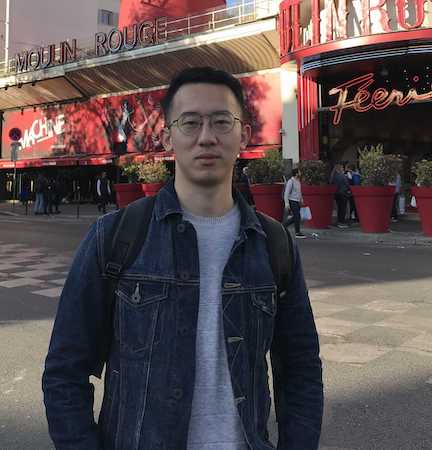
Calvin (Yixiang) Cheng
Calvin (Yixiang) Cheng is an MPhil student of communication studies at the Chinese University of Hong Kong. His research interests centre around misinformation issues in the digital age. Currently, he is enthusiastic about applying computational methods to study the evolution and diffusion of conspiracy theories on social media. Before this degree, he had worked as a data journalist in China Business Network for two years.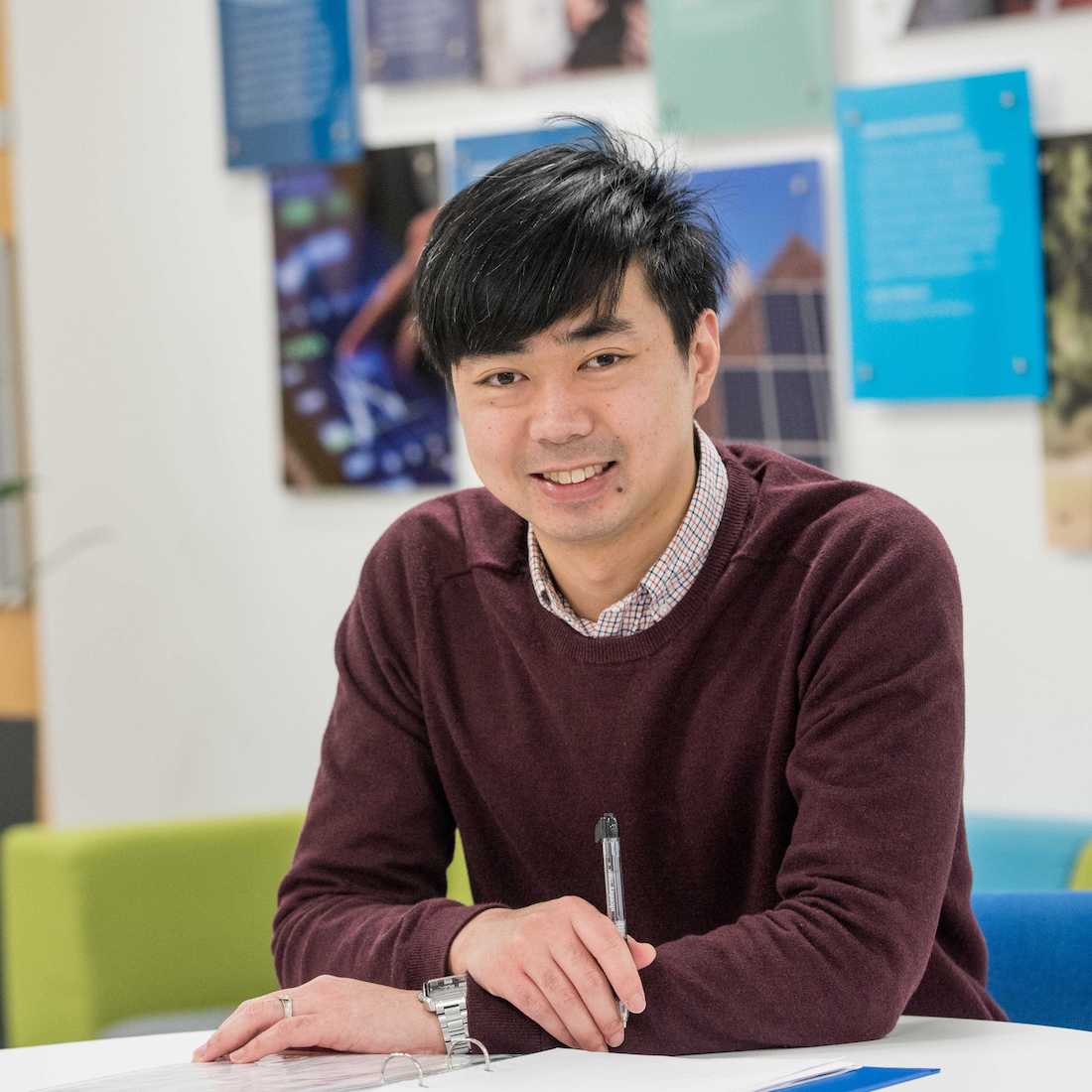
Nick Or
Nick Or is an Assistant Professor in the Department of Public Policy, City University of Hong Kong. Prior to that, Nick was a Research Fellow at the University of Southampton and a Postdoctoral Research Associate at the University of Exeter. Nick’s research interests lie in the field of public policy, comparative politics and authoritarian regimes by drawing insights from behavioural and complexity sciences, using quantitative techniques and experimental methods. His latest research and scholarly activities can be found from the link of his name..
Danni Chen
Danni is a current Ph.D. candidate in the Department of Psychology at the University of Hong Kong. Her research interests broadly focus on social cognitive neuroscience and sleep, with particular attention to the formation and updating of social knowledge and attitude via social learning, cognitive control, and sleep. She is fascinated with combining multiple different methodologies, including but not limit to neuroimaging techniques, social media big data and behavioral experiments, to unravel the mystery of human behavior. Another line of her current research tries to explore the relationship between prosocial behavior and traumatic memories.
Chuyao Wang
Chuyao (Julian) WANG (email: chuyao.wang@connect.ust.hk) is an MPhil student in Social Science at The Hong Kong University of Science and Technology (HKUST), where he also received an MSc in Global China Studies with Dean's Award. His interests include computational political communication, social network politics and machine learning. While focusing on methodological training in the MPhil program, he is currently exploring visual sentiment in media depiction and network dynamics of political communities in Bilibili.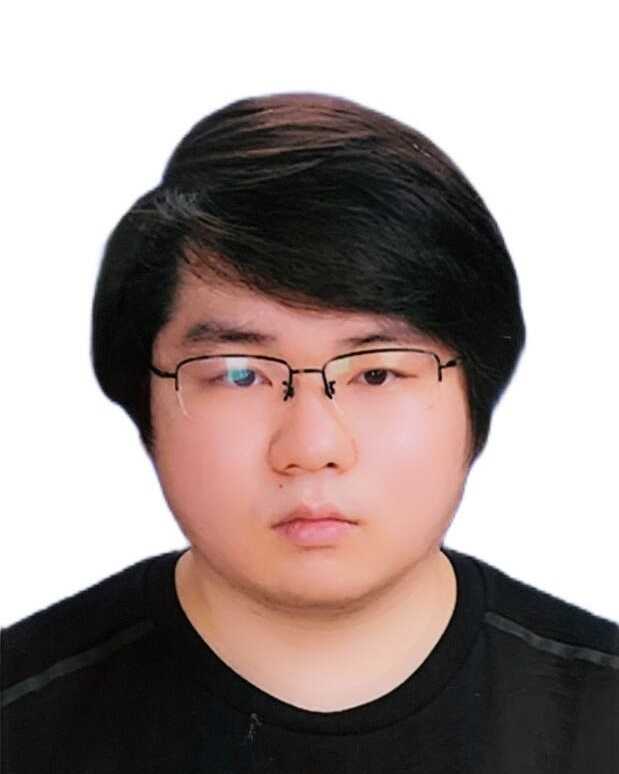
Yujie Li
LI, Yujie is an incoming PhD student in Sociology at The Chinese University of Hong Kong. His research interests include computational social science, political communication, and social networks. He is currently using the LIHKG forum data to understand the relationship between online social network structure and offline protests.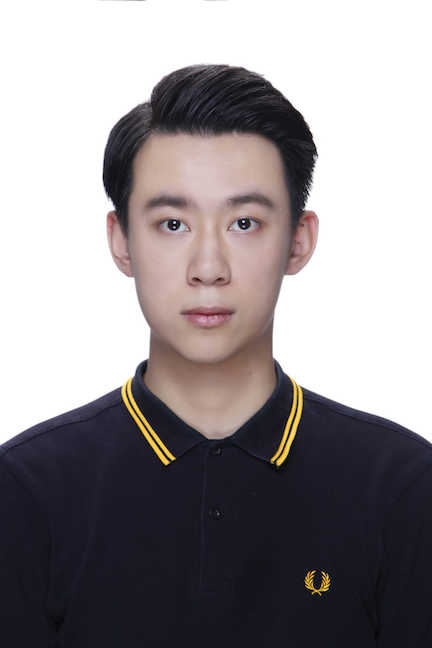
Dakeng Chen
CHEN Dakeng is a PhD student in political science at Chinese University of Hong Kong. He received his BA from University of International Relations, China, and his MSc from CUHK. Dakeng’s research focuses on the intersection of politics, technology advancement, and social psychology. He is now working on digital surveillance in China with ZHAN Vivian Jing.
Wenting Yu
Yu Wenting is a PhD candidate from Department of Media and Communication, City University of Hong Kong. She is interested in public opinion, computational social science, and health communication. Her research broadly studies the social impacts of new media and uses both quantitative and qualitative methods.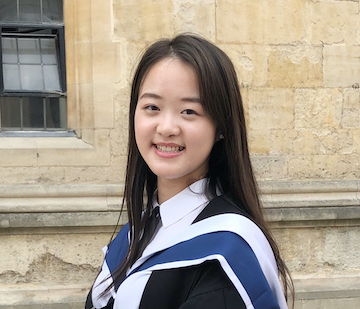
Jiaqian Ni
Jiaqian is a MPhil student at the University of Hong Kong (M.Phil., Oxford). She studies international relations with a focus on the intersection of public opinion, political behavior and political psychology. Among others, she is working on a project on Japanese war apologies to China where she uses text-as-data methods to analyze public narratives and nationalistic frames related to the war apology controversies.
Wanjiang Jacob Zhang
Wanjiang Jacob Zhang is a PhD student in the School of Journalism and Communication at the Chinese University of Hong Kong, majoring in computational social science. His current research interests include social media, social time and rhythm, collective memory, emotion, health communication, environmental communication, and celebrity news.
Ehsan ul Haq
Ehsan ul Haq is a doctoral student in Computer Science at the Hong Kong University of Science and Technology. His research focuses on online communities' analysis, political polarization in online social networks and its implications on offline events. He is also studying rumors and misinformation propagation, and social media communications from organizational perspective.
Olga Boichak
Olga Boichak is Lecturer in Digital Cultures at the University of Sydney, Australia. She holds a Master of Public Administration and a PhD from Syracuse University’s interdisciplinary program in social science (USA), and her research interests span networks, narratives, and cultures of activism in the digital age. She is Editor of the Digital War journal and has a track record of publications on digital war, legitimising state power, transnational mobilisation, and algorithmic surveillance, and her work has appeared, among others, in Big Data & Society, International Journal of Communication, Media, War & Conflict, Oxford Handbook of Sociology and Digital Media, and the Journal of Intelligence and National Security.
Yuemin Li
Yuemin Li is a PhD candidate in the sociology department at University at Albany, SUNY. She studies the rise of the phenomenon of financialization and how institutional interactions have shaped its development under different political economy. She earned B.A. from HKU and M.A. from Dartmouth College.
Li Liao
Li Liao is a PhD student at the University of Hong Kong. He studies authoritarianism. He’s interested in data visualization and social network. He is now working on a visualization project about Political Selection in China.